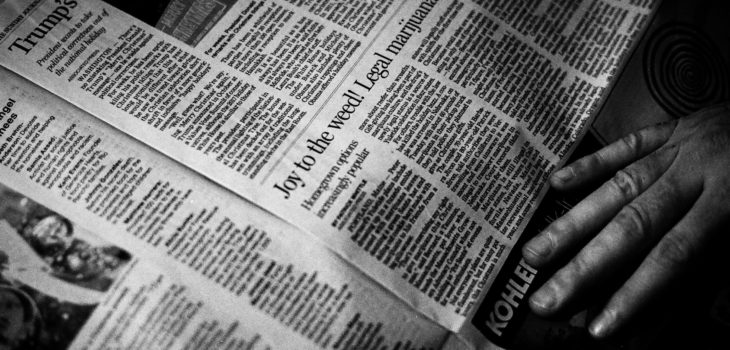
Clean up my language
I need to clean up my language, but not in the way that you might think.
Ever since I started working as a journalist, I’ve edited everything.
It might even go back further than that.
Even in middle school, I understood English grammar and punctuation. Spelling was more of a challenge – I still recall spelling beginning wrong in fifth grade. (I still don’t understand why we double the n before adding the ending. It’s an odd quirk of English, I guess. But I’ve spelled it correctly ever since then.)
I edit everything
When I began writing and editing professionally, it became second nature to edit everything.
Newspaper articles. Books. Magazine articles. Magazine ads. Product packaging. Signs. TV ads. Closed captioning (Oh my!). I even would edit what I heard, such as TV or radio news reports, turning it around in my head to match what I knew to be accurate.
You would think I’d have perfect grammar and pronunciation when I spoke, wouldn’t you?
Write like I talk
Ha. That’s the thing. I don’t. And I tend to write like I talk – at least in this blog space. I start a lot of sentences with I or conjunctions, such as so, and, and but. (Ooh! Look! I had to properly use an oxford comma to separate my conjunctions!) This also gives my SEO Yoast plugin a workout when I run it on my copy in WordPress. It will tell me if I’ve started too many sentences in a row with the same word (usually I).
What I say should come out better than it does, I realize. I can speak well when I need to. Perhaps we all do that – we are more slangy or loose in our language at home and more professional at the office or in a public setting.
That leads me to my point of editing everything. If I am going to be picky about everything I hear and read, I really should be picky about what I say.
I need to address my own bad speech habits and clean up my language.
Clean up language: pronunciation
First up: Pronunciation.
- It’s FOR, not fir. It’s funny (funny sad, that is) when I try text and my phone wants instead of “for” to choose “fir,” or even the image of the tree. (I don’t believe I’ve ever texted about a fir tree, not even at Christmas, and I certainly never have texted the image of a fir tree.) This actually happens quite often when I text. (It’s not voice texting, either, which I could totally understand, based on my mispronunciation, but this is when I type.) This mispronunciation might be a Wisconsin thing or a northern thing in general, since friends from Michigan also pronounce it “fir.”
- It’s TO, not tuh. This is just sloppy speech, probably from speaking too quickly. I pronounce “too” properly, so it’s just laziness and too many years of mispronouncing it.
- It’s GOING TO, not gonna. Gosh, I use this all the time, again because I’ve used it for so many years. I even will say things like, “I’m gonna go to the store.” Yeesh. As an editor, I’d never let that stand in copy, unless it was a direct quote, and then I’d seriously question its usefulness in the story. “I am going to the store,” is a better choice.
Share your pronunciation pet peeves
I’m sure there are others. Maybe you have things you say or pet peeves you hear when other people speak. Feel free to share them in the comments. Maybe we all can clean up our language together.
Be a Better Writer Tip
Avoid slangy spellings when you write, such as “gonna,” unless you are trying to portray a certain persona or using it for impact or effect.
If you are using it in a quote, ask yourself why? It’s not a flattering word choice, so what are you trying to convey about the speaker? Is it a negative thing? Can you paraphrase what the speaker said instead or use a partial quote that leaves out the slang?




2 COMMENTS
Too many people will use don’t rather than doesn’t. It grinds me a bit to hear it. Example: He don’t know what he’s doing. Argh.
Ah, yes. Same thing for me with “seen” instead of “saw.”